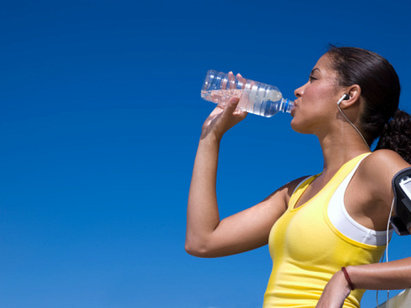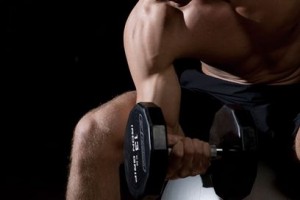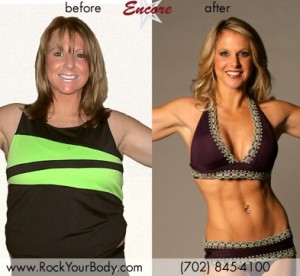
When exercising regularly, you must pay special attention to the hydration needs of your body. Depending on the length and frequency of your workouts, your body will require specific fluids to effectively hydrate your cells and internal organs. However, not all fluids are capable of replenishing your body properly. Some fluids successfully meet your body’s hydration needs, while others actually hinder it, resulting in dehydration.
Water
Considered the best fluid replenisher by the American Council on Exercise, water keeps your body’s temperature normal, cushions your joints, protects your spinal cord and rids your body of wastes. Your body can lose more than a quart of water for every hour of exercise performed. If your body is not properly hydrated and cooling itself off, not only are you in danger of dehydration, but you also put yourself at risk for joint injuries. Physical activity requires more than the daily recommended amounts of 91 oz. for women and 125 oz. for men. Focus on drinking water before, during and after you exercise to ensure your body is sufficiently hydrated.
Fluids with Electrolytes
When your workouts exceed 45 to 60 minutes, or you find yourself sweating substantially, your fluids should contain electrolytes to replace those lost during exercise. It’s imperative that you drink before you start to feel thirsty, as thirst is a sign of dehydration. Choose drinks containing sodium and potassium. Sports drinks and coconut water are acceptable options.
Frequency
The more vigorous the workout, the more you should drink. A general rule of thumb is to drink 17 to 28 oz. within a three-hour period before the workout, 7 to 10 oz. every 10 to 20 minutes during exercise and 8 oz. or more upon completion of the workout.
Drinks to Avoid
Avoid fluids that pull water from the body and promote dehydration. Beverages containing alcohol and caffeine are not recommended as quality options for proper hydration. Also avoid fluids with high sugar content, such as fruit juices and soda. Beverages high in sugar typically contain more calories than other beverages and can negate the benefits of regular exercise.
[back to Encore]
–
Read more: http://www.livestrong.com/article/498817-supposed-drink-exercising/#ixzz21CYK0t2D
 Encore Personal Training member Warm-up
Encore Personal Training member Warm-up

